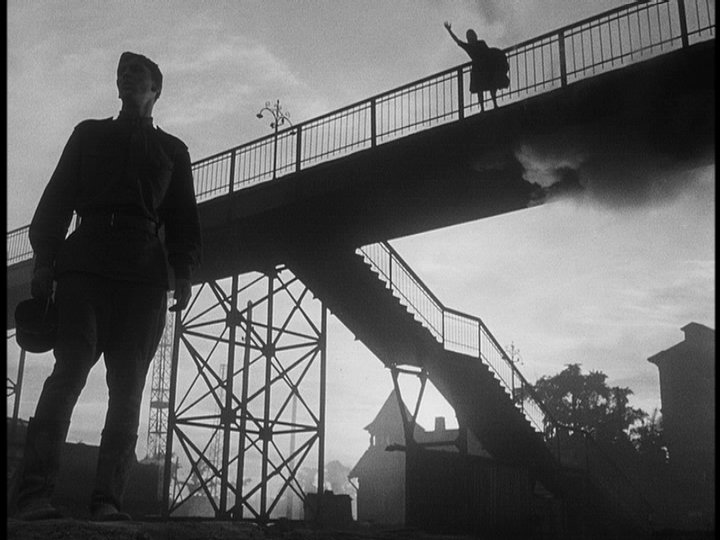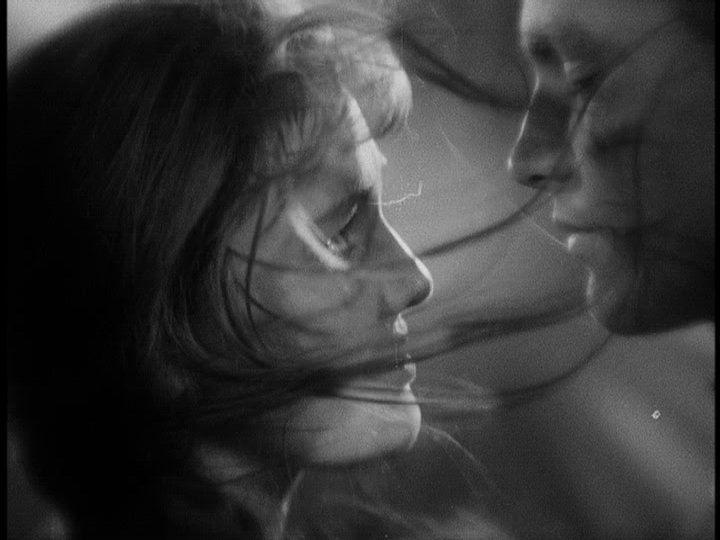“Comrade General, instead of a decoration, could I go home to see my mother?”
I was sixteen, taking second year high school Russian during the Cold War, partly for the challenge, but mostly to understand better who our “enemy” was. Our teacher assigned us unusual homework one weekend: watch the 1959 Russian movie “Ballad of a Soldier” being broadcast on PBS in 1970. It had English subtitles, but the point of the assignment was to experience the sounds and inflections of native Russian speakers. Although the movie was a fictional story of a Russian soldier’s brief leave from the front during WWII, it complemented a concurrent assignment in our World History class, reading All Quiet on the Western Front. The unforgettable juxtaposition of these two works of art helped me appreciate, in the midst of the nightly news from Vietnam, the terrible cost of war.
The other night, some forty years later, I watched this movie again. The tale is a classic “returning home from war” saga with the twist that young Alyosha is only on a brief leave granted by a compassionate general rewarding the front line soldier for an extraordinary act of bravery. Alyosha asks only to return to his home village to fix the leaking roof of his mother’s home. Given the extraordinary difficulties of war time travel in an economically struggling country, as well as the challenges and people he ends up meeting along the way, his time home ends up being only a few precious minutes before he has to turn around and return to the front. He only has enough time to hug his mother, and say goodbye one last time, never to return again.
Although the story focuses on a son’s determination to get home to his mother, it also allows a view of war’s permanent damage to bodies and minds, as well as the toll of war time separation on relationships. There seems little sense of hopeful future for the characters in this story, so the immediacy of what they experience takes on greater significance.
Alyosha meets a young woman on the train and their evolving connection offers a glimpse of a potential love that can transcend the ugliness of war. They part not even knowing how to find each other again, after having spent precious few hours in conversation. Acknowledging that lack of future hope is the most painful of all; there is no ability to make plans with confidence, no sense of a long life stretching ahead like the dusty road leading from his village that reaches endless to the horizon.
I remember sitting in my childhood home, watching this movie as a teenager with so little life experience at that point. Tears streamed down my face, as I was touched forever by the tender story of a man made too old by war and hardship for his young years and his simple desire to once again hug his mother. This did not feel like an enemy to me. This felt like someone I could easily love and hold on to–as a brother, someday as a cherished husband, eventually as a precious son. Years later I identify with the mother with moistening eyes, watching my children leave our home, heading down that long endless road, hopefully, never to fight a war.
Watching these touching scenes play out once again, I realize I’m still holding on to precious hope, forty years later, even as my road gets shorter. I’ll never let it go.


This movie touches everyone’s heart.
I feel very sorry for his Mother
LikeLike